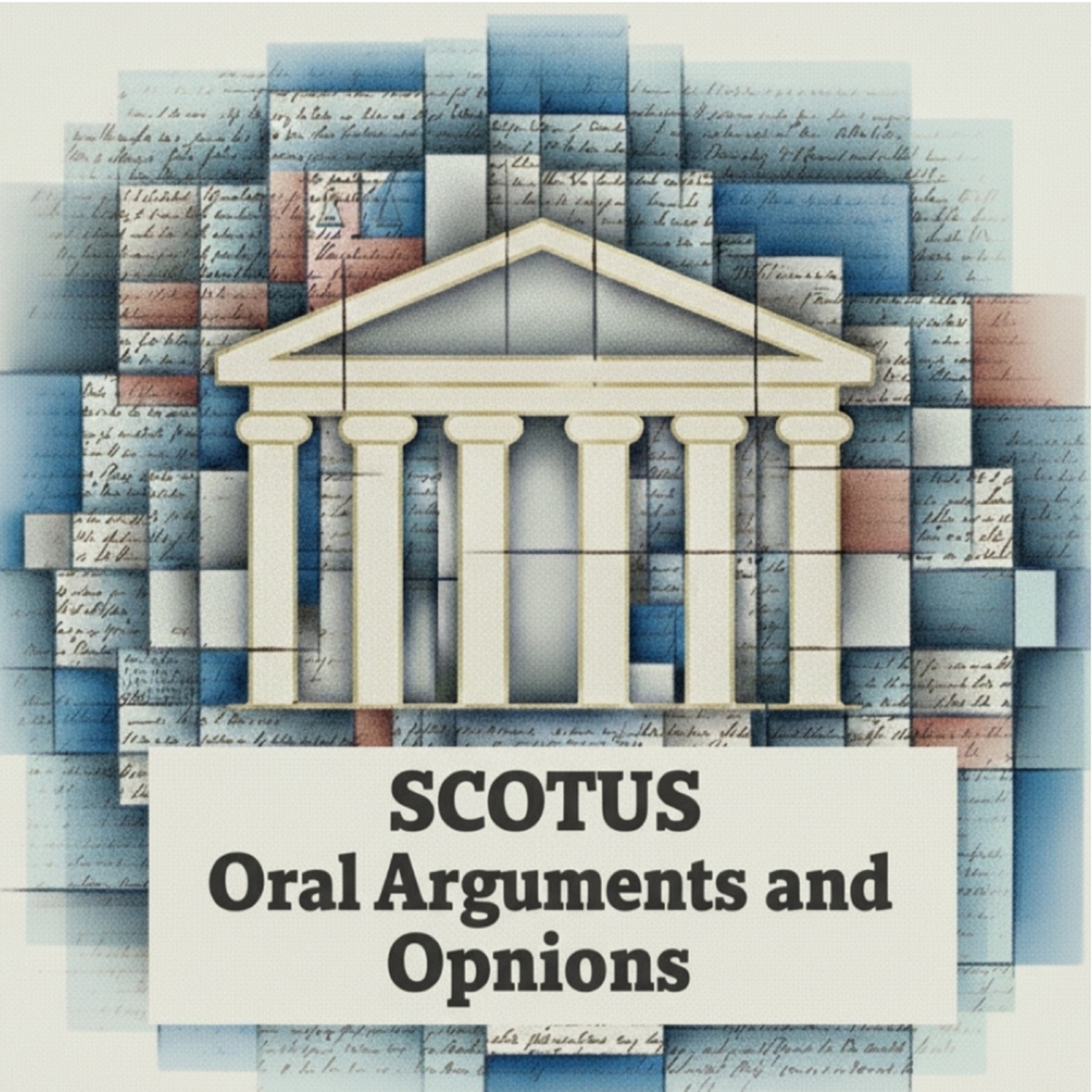Episode 23
Case Preview: Rico v. United States | The Disappearing Defendant Dilemma: When Sentence Clocks Stop Ticking
Rico v. United States | Case No. 24-1234 | Oral Argument Date: 11/3/25 | Docket Link: Here
Question Presented: Whether the fugitive-tolling doctrine applies in the context of supervised release.
Overview
This episode examines Rico v. United States, a Supreme Court case that challenges the boundaries between judicial power and congressional authority in criminal sentencing. The case asks whether federal courts can indefinitely extend supervised release terms for defendants who abscond, despite Congress never explicitly authorizing such extensions. Through Isabel Rico's story - a woman whose 42-month sentence ballooned to over 60 months due to a judge-made doctrine - the episode explores fundamental questions about separation of powers, statutory interpretation, and criminal justice fairness.
Episode Roadmap
Opening: From Hollywood Script to Constitutional Crisis
- Fugitive imagery from popular culture versus legal reality
- Isabel Rico's five-year disappearance and its consequences
- The "time stands still" assumption challenged
The Question and Key Statutory Text
- Fugitive-tolling doctrine definition and application
- 18 U.S.C. § 3624(e): Congress's one explicit tolling rule
- Supervised release versus parole distinctions
Rico's Story: Facts
- 2010 drug conviction and original sentencing
- 2017-2018 supervised release violations and abscondment
- 2021-2022 state crimes during fugitive period
Legal Arguments: Three-Way Battle
- Rico's textual, historical, and common law challenges
- Government's supervision, tradition, and policy defenses
- Reply brief rebuttals and constitutional principles
Oral Argument Preview
- Key dynamics to watch on November 3rd
- Justice personalities and criminal law philosophies
- Practical implementation questions
Broader Constitutional Stakes
- Separation of powers implications
- Impact on federal supervised release practice
- Criminal law interpretation principles
Episode Highlights
"Time Stood Still" Myth Exposed
Rico's case reveals that the popular assumption about fugitive time - that sentence clocks pause when defendants flee - has no basis in federal supervised release statutes.
Congressional Intent Detective Work
Detailed exploration of how Congress explicitly authorized fugitive tolling for parole in 1976 but deliberately omitted it when creating supervised release in 1984.
Sentencing Consequences Breakdown
Rico's violations jumped from 8-14 months to 33-36 months purely based on a judicial doctrine, demonstrating real-world impact of legal technicalities.
Separation of Powers Tension
The case crystallizes fundamental questions about whether courts can enhance criminal punishments that Congress hasn't explicitly authorized.
Common Law Versus Statute Battle
Government's claim of "ancient tradition" meets Rico's challenge: "Show me the cases" - revealing potential gaps in historical precedent.
Rule of Lenity Application
A canon providing that ambiguous criminal statutes should be interpreted in favor of defendants when Congress hasn't spoken clearly.
Key Legal Concepts Explained
- Supervised Release: Post-prison supervision distinct from parole
- Fugitive Tolling: Judge-made doctrine extending sentence terms for absconders
- Grade A vs. Grade C Violations: Sentencing classification system for supervised release breaches
- Expressio Unius Canon: When Congress includes one thing, it excludes others
- Common Law Incorporation: How historical legal principles enter modern statutes
- Rule of Lenity: Constitutional principle favoring defendants in ambiguous criminal laws
- Separation of Powers: Constitutional limits on judicial sentence enhancement authority
